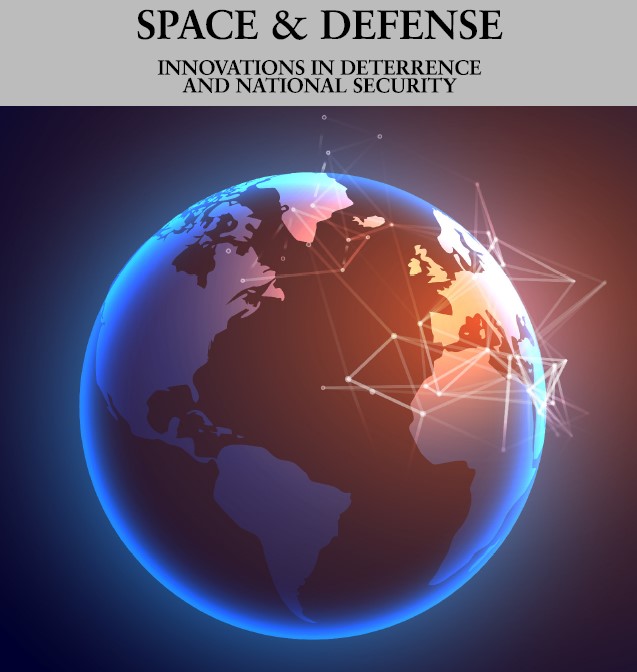Space and Defense

Abstract
The geopolitical influence of countries is most often measured by their economic strength, government stability, technological achievements, defense capabilities and overall international standing. For the United States and other select countries, space offers major strategic advantages and many nations are now competing to derive greater civilian, commercial, and military benefits from their presence in space. Protection of space assets and ensuring a stable and safe space environment are the responsibility of those that operate them, as well as those that formulate space policies. The quest for a workable space regime is appearing more often on the agendas of national and international security gatherings, and misconduct in space could have profound implications for terrestrial geopolitics. The reverse is also true, and the most likely threats to space, at least in our time, will be connected to heightened terrestrial tensions or conflict.
DOI
10.32873/uno.dc.sd.06.01.1143
Recommended Citation
Robinson, Jana and Romancov, Michael
(2012)
"Space Crisis Management: Filling the Gaps,"
Space and Defense: Vol. 6:
No.
0, Article 6.
DOI: 10.32873/uno.dc.sd.06.01.1143
Available at:
https://digitalcommons.unomaha.edu/spaceanddefense/vol6/iss0/6
Included in
Asian Studies Commons, Aviation and Space Education Commons, Defense and Security Studies Commons, Eastern European Studies Commons, International Relations Commons, Leadership Studies Commons, Near and Middle Eastern Studies Commons, Nuclear Engineering Commons, Science and Technology Studies Commons, Space Vehicles Commons
